15 Common Weight Loss and Diet Myths Busted
You want to lose weight. But don’t know where to start. You have tried so many different diets. You bought the latest exercise product. But those stubborn pounds just won’t come off. The numbers on your weigh scale are the same or, worse, higher. You are left feeling frustrated, tired, weak, sore, and depressed. And it is no wonder, you have been fed myths about weight loss. You may be surprised to learn that many of the latest diets, trends and products promising weight loss results are based on fads and myths, not real science. In this article I debunk 15 common myths about weight loss and dieting.
This post contains affiliate links. As an Amazon Associate, I earn from qualifying purchases.
Busting the Top 15 Weight Loss Myths
Let’s just jump right in to debunk these top 15 myths about weight loss and dieting.
Myth #1: Fast Weight Loss Is Possible
Can you lose weight fast? Yes, people have had temporary success with diet plans that promise to lose a certain amount of weight in a set period. But if you follow these same people over time, you will find that they just gain all the weight back after they stop these weight loss programs.
The extreme measures needed for fast weight loss are not sustainable over time. The body will try to protect itself and send your hormones into a state of conserving and storing energy. Because of this, you may even gain more weight than you had before.
Losing body fatness and permanently maintaining a healthy weight is a lifelong endeavor. While your weight loss journey always has a start date, it should not have an end date.
Myth #2: Weight Loss Is Easy
Some aspects of weight loss can be easy, yes. But overall, maintaining a healthy weight is not effortless. If it were simple, then why are almost 72% of Americans overweight or obese?
High calorie food tastes good. Your body wants to feel full and satisfied. The hormones associated with feeling full act on the brain and can make you almost euphoric. Thus, there is an association between high calorie foods and feeling satisfied and happy. Delaying these feelings, until you discover other ways to feel happy, is very difficult.
Also, adequate exercise takes time. In fact, it takes at least 150 – 300 minutes every week. 300 minutes is 12.5 hours. That is not an insignificant amount of time. It can be difficult to schedule workouts into a busy day. It also takes motivation, dedication, and persistence to do the work needed to burn calories. As you know, regular exercise is a difficult habit to form.
Changing your lifestyle and forming the healthy habits needed for permanent weight loss is never easy. But it is worth it.
Myth #3: Carbs Make You Fat
Low Carb and Keto diets are trending right now. But restricting carbohydrates to lose weight isn’t a new concept. It has been around for a long time. The Atkins diet was popular in the 1970’s. But the idea that carbs make you fat may be the oldest myth in the health and fitness industry. Carbs are not your enemy.
There are different types of carbohydrates. Some give us energy, like sugars and easily digestible starches. But some help us lose weight and stay healthy, like fiber and resistant starches.
And even sugar isn’t inherently bad for you. You need sugar to support your muscles and brain functions. But excess sugar is stored in the body, which leads to fat build up, weight gain and poor health over time.
If you, theoretically, eliminate all the carbs from your diet; your body will just use fat and protein for energy. And if you ate too many of the calories in the form of these macronutrients, then you would also gain weight.
So, carbs don’t make you fat. Consuming excess energy over time increases your body fatness.
Myth #4: Eating Fat Makes You Fat
As I said above, you need to consider overall caloric intake. Excess calories over time increases your risk for obesity. So, fats don’t make you fat unless you are eating too many of them.
Fats have earned this reputation because they generally contain a lot of calories in a small amount. You don’t feel as full when you eat the same calories in fats as you do in, say, vegetables. For example, eating 1 tablespoon of peanut butter is about 90 calories. If you ate the same number of calories in spinach, you would need to eat about 12 cups. Which would make you feel fuller? I think I would feel uncomfortably stuffed, perhaps nauseated, if I ate 12 cups of spinach. Whereas I do not feel full at all after 1 tbsp of peanut butter. Are you?
So, fats don’t make you fat. Excess total calories cause weight gain. But it is far easier to eat excess calories in fat. So, watch how much you eat. And make the fats you do eat count by choosing healthier fats, like avocado, olive oil and natural nut butters.
Myth #5: Eat More Protein to Lose Weight
Protein is a very important macronutrient. It helps build muscle from exercise. And more muscle means you will burn more calories. Protein can also help with satiety, that fullness feeling, when you eat a meal. But many high protein foods are also high in calories.
Eating too much protein may also upset your digestive system. And over time, excess protein may lead to heart disease, colon cancer, and kidney stones.
So, depending on your current situation, adding in more protein may help you lose weight, but only so far as it helps control your hunger. Total daily calories are still a big factor. If you simply add in more protein and don’t adjust your total daily calories and balance your macros, you won’t lose weight.
So, count all those post-exercise protein shakes into your total calories and be sure to balance your macronutrients. Or you may find yourself struggling to lose weight or not feeling well.
Myth #6: Diet Supplements Work
We all want a simple answer to losing weight. Wouldn’t it be wonderful if we could just take a pill and all that extra chubbiness melts away into oblivion? This is what the diet industry preys upon; our eagerness to lose weight fast and easy. Everything from tapeworm egg capsules to natural food elixirs and concentrates, such as apple cider vinegar pills. have been marketed for weight loss.
We spent almost 200 billion dollars in 2019 because we wanted fast and easy weight loss. As of 2017, there have been almost 15,000 weight management products launched worldwide.
But few of these products are ever tested to see if they actually work. And worse, some are not even safe for long term health, even those claiming to be “natural”. If you choose to try a weight loss product, read what is in it and do your research to make sure it is safe and effective.
I don’t believe there is a quick fix. Natural, safe weight loss is about limiting your portion size, choosing healthy food options, and exercise.
Myth #7: You Can Turn Fat Into Muscle
Fat and muscle are composed of two distinct cellular structures with different biochemical compositions. Fat is made up of small, globular, frothy cells that store energy. Muscle is made up of long protein rich fibers that use energy to contract, resulting in movement. Totally different body functions. Completely different body organs.
What you can do is lose fat and replace it with muscle. But that requires controlling your calories, balancing your macronutrients, making wise protein choices, and doing resistance training. You need to work those muscles to make them bigger. And the beauty is that when you work those muscles, you use more energy and can shrink fats stores.
But just as you cannot turn water into wine, you cannot turn fat into muscle.
Myth #8: Exercise More And You Will Lose Weight
You need to move more to burn more calories. And exercise is great for your health and helps balance hormones, especially your weight control hormones. So, the sentiment of this myth is somewhat true. But exercise is only about 20% of the battle.
You can’t lose weight unless you change the eating habits that got you to where you are now. About 80% of weight loss is about the food you eat. Limiting calories and making healthy dietary choices are necessary for weight loss. Exercise alone is not likely to get you to where you want to be.
You need both good eating habits and regular exercise to lose weight. Long term weight management is about healthy lifestyle changes.
“Diet and exercise are not fifty-fifty partners, like macaroni and cheese. Diet is Batman and exercise is Robin. ”
– Jason Fung –
Myth #9: Juicing Is The Key To Weight Loss
Juicing fruits and vegetables has been promoted as a way to concentrate nutrients, detoxify the body, and help you lose weight. Losing weight on these diets is not because you are drinking the juice. It is because these diets tend to be super low in calories. And I am sure you will feel hungry and deprived on this type of diet program.
Juicing takes out all the valuable fiber. Fiber helps make you feel full. So, you may be lowering calories, but you will feel hungry on these diets. Juicing also concentrates the sugars, which can spike insulin and release your hunger hormones.
There is no scientific evidence that juicing promotes weight loss. In fact, there are studies that suggest juicing is counterproductive when trying to lose weight. Juicing may increase your risk for obesity.
So, eat whole vegetables and fruits when trying to lose weight. If you want to drink your food, consider smoothies that use whole nutritious ingredients. Your body will thank you for it.

Myth #10: Diet Soda Helps You Lose Weight
Diet soda has zero calories, so you may think that you can drink as much as you want when dieting. But there is more to the story.
A long-term study found that adults drinking diet soda were more likely to be obese. The people in this study had larger waist circumference, increase abdominal fat and were at higher risk for heart disease.
However, diet soda can help you lose weight if you have a sweet tooth. If you are a soda drinker, then diet soda can help you wean off the sugar in these drinks. Other studies suggest that diet soda along with calorie-controlled meals can help obese people lose weight, but these were shorter-term studies.
If you are a diet soda drinker and struggling to lose weight, you may want to see if going without it makes a difference. Once I gave up diet drinks, I started losing weight. So, it made a difference for me.
Myth #11: Avoid Gluten To Lose Weight
Gluten is a protein found in wheat, rye, barley. The only reason you need to avoid gluten is if you have celiac disease or an intolerance. If you don’t have these medical issues, then you don’t need to go gluten-free to lose weight.
However, people who do go gluten-free tend to be more conscious of what they eat. Thus, they tend to make healthier food choices, eating whole grains, vegetables, and fruits instead, which can lead to weight loss. But you certainly don’t need to eliminate foods containing gluten from your diet to eat healthier.
Foods containing gluten tend to also contain sugars and starches that can lead to weight gain if you eat too much of them. Think donuts, cakes, and pastries. Breads and pastas are also in this category. But simply substituting gluten-free products of these foods won’t help you lose weight.
Myth #12: You Can Target Specific Areas Of Your Body For Fat loss
You have probably seen those ads saying, “shred belly fat” and “get rid of that tummy”. “Get rid of under arm flab” is another popular one. They promise that you can target specific areas of your body if you just buy what they are selling.
While you can build a particular muscle by working that muscle, you cannot spot reduce fat on any specific body part.
Fat metabolism is a whole-body process. When we reduce calories and burn more with exercise, our body decides where that will happen. No weight loss program can target fat loss in any particular spot.

Myth #13: You Lose Weight If You Burn More Calories Than You Eat
Overall, the concept of weight loss is to burn more calories than you eat. And while this is mostly true, there is more to the story.
Hormones, such as leptin and ghrelin, play a critical role in weight loss. When leptin levels are high after a meal, you feel full and stop eating. When ghrelin is high, you feel hungry and are compelled to eat. In general, when these hormones work properly you are able to maintain a healthy weight.

But, when you are continually burning more calories than you are eating, your leptin levels tend to drop. Your body wants you to eat more to account for the calorie-deficit you are creating. This can make sticking with a lower-calorie diet much harder.
The good news is that exercise helps to boost leptin levels. So, you need to exercise while you are eating less calories.
However, ghrelin and leptin can be influenced by other things, such as medications, sleep-deprivation, diseases, and genetics. It can be harder for some individuals to lose weight than others, even though they eat and exercise the same amounts.
So don’t compare your weight loss efforts with anyone else. You are your own person; your weight loss journey is unique. Don’t judge others for their struggles. You likely don’t know the whole story.
Myth #14: You Need A Gym Membership To Lose Weight
To lose weight you need to make healthy food choices and find time to exercise. Cardio exercise burns the most calories. But you also need to build muscle to keep your metabolism strong. Most people think you need to join a gym to do this, but that isn’t true. Please don’t misinterpret what I am saying. Gyms are great for staying motivated, learning proper techniques, fun classes, and use of professional equipment. But gym memberships can be costly.
All you really need to get a good workout is your body. Buying a yoga mat, a good pair of running or walking shoes and some athletic wear helps, but ultimately even these are not necessary.
Your body weight is enough to get in a good strength workout with some calisthenics or plyometric exercises. A few dumbbells or a set of resistance bands are also very affordable.
And for cardio exercises, simply walking has so many benefits. Running is one of the best cardio workouts that doesn’t have to empty your wallet. Some find cycling or swimming a fun way to work out, but those activities may cost a little more.
You can get all the exercise you need without spending a lot of money.
Myth #15: Weight Loss Is All About Willpower
Many think that overweight people lack willpower. Even people struggling to lose weight beat themselves up over their seemingly lack of self-discipline. But losing weight has very little to do with your will.
If I could just will away body fat, I would be so thin right now. Wouldn’t that be nice!
Weight loss and maintaining a healthy weight is about biology. Fat gain and loss results from a complex system of hormones that control digestion, hunger, and storage of fat.
And because hormones are proteins that are made by reading your DNA, genetics also plays a role in how easily you gain or lose weight.
Neurochemicals that influence your emotions, mental health, and response to stress can also affect your metabolic hormones. Depression can lead to obesity, for example, through a complex cascade of neurochemicals and brain pathways. This is biology, not willpower.
Sleep-deprivation can affect the levels of some of these hormones. When you are tired, your body may think it needs more energy from food and you want to eat, rather than sleep. So, be sure to get a good night’s sleep to prevent confusing your brain into thinking you are hungry.
Simply put, losing weight is harder for some people than others. It’s not willpower, it is biology.
“Energy balance are influenced by numerous, interdependent factors. Genetics and epigenetics, the gut microbiome and psychosocial and environmental and policy factors all contribute to determining body weight, by influencing and interacting with diet, nutrition and physical activity patterns”
– Energy Balance and Body Fatness, World Cancer Research Fund, 2018 –
How Do You Lose Weight Permanently and Safely?
So, if these are all myths, then how do you lose weight? Let’s look at the 5 steps that I think are important in any successful permanent weight loss program.
Step 1: Are You Ready to Lose Weight?
That may sound like a silly question because you are here reading my post about weight loss. But this is a very important question to ask yourself.
There are no quick fixes. So, are you ready for what it takes to lose the weight forever? This will require a change in lifestyle. It is hard to change life habits necessary to permanently lose weight. Ask yourself if you are truly ready for these necessary changes? Be honest with yourself.
If you are not truly ready, that is okay. So many people aren’t. You are in good company. Accept and cherish yourself as you are, for you are beautiful and worthy of self-love.
But, when you are ready for healthy change, move onto step #2.
Step 2: Audit Your Current Habits
Permanent weight loss is about forming and maintaining healthy habits. You are at your current weight because you did things to support gaining that weight. Take the time to identify habits and behaviors that led to your weight gain.
Do this in a non-judgmental way. Remember that over 50% of the population is overweight. I will bet that your weight gaining habits are shared by millions of people worldwide. So, never beat yourself up over it. Practice some Self-Kindness. And move on to step 3.
Step 3: Set Realistic Goals For Change
You need to set some realistic goals for weight loss. It is not realistic to starve yourself, your body will fight your efforts. It is not realistic to exhaust yourself with exercise every day for the rest of your life. So, given where you are right now (as determined in step 2), what smaller steps can you take over time to allow you safe and sustainable weight loss.
I like to set SMART Goals. These are goals that are specific, measurable, achievable, realistic and timely. Break bigger goals into smaller steps. Write it all down and post it where you will see it. This will be a reminder of each step you need to take to reach your ultimate goal.
If you need help with developing SMART Goals, read my article Turn Dreams into Reality with Goals, not Resolutions. It is perfect for starting your weight loss journey.
Step 4a: Gradually Increase Your Activity Levels
If you are new to fitness, then please don’t go all out to increase your activity levels. Know that most beginner classes aren’t really beginner level. If you are just getting up off the couch, you may need to start off more slowly than doing the hour-long beginner level gym class.
It doesn’t have to be “no pain, no gain”. It is possible to feel good, not pain, after exercising. But you have to start slowly. And you need to be aware of your own limitations.
You should incorporate some exercise that gets your heart rate and breathing up a little. Perhaps that is walking for you right now. If walking isn’t pumping your blood hard enough, then try running, cycling, dancing or swimming. Find an activity that you enjoy doing, because you will be more likely to continue doing it.
You should also find some exercises that build muscle. Muscles use energy when they work. The more muscle you have, the more energy you use, thus calories you will burn. Body weight strength exercises done at home are a great place for beginners to start.
Step 4b: Gradually Build Healthier Eating Habits
Maintaining a healthy weight is 20% what you do and 80% what you eat. So, you cannot lose weight with exercise alone. You need to evaluate your current eating habits and make the needed changes for weight loss.
Please make changes gradually. You may have learned that you need to drink more water, eat more vegetables, balance your macros, limit your sugars, get all your micros, and restrict your calories. Whew! That is a lot to change all at once. So, don’t do EVERYTHING.
Start with one small change. Do that small change consistently until it becomes a habit. Then pick another change to master. And when that second healthy behavior becomes a habit, pick a third thing to add into your healthy routine.
Remember, you are doing all this for life. Once these new wholesome behaviors become habits, then you will be healthier, which also includes weight loss. No dieting required.
Step 5: Monitor Your Progress
Track everything. Logging your food helps you understand where you need change. Are you a carboholic, like me? Do you eat too much salt? Do you drink enough water? How many calories are you eating in a day? And how many of those calories are from proteins?
Logging your exercise is also necessary. How many calories are you burning? Are you getting the recommended 150 – 300 minutes per week of cardio in? Did you work on upper body today, or was it legs?
And of course, log your weight loss measurements and the steps you successfully completed for achieving your goals. Reward yourself for a job well done!
It is also a motivating exercise to look back on earlier days in your logbook, as you progress. You will see how far you have come. And that always motivates me to continue on my journey to a healthy weight.
You can achieve a healthy weight and a happier life. I know you can!
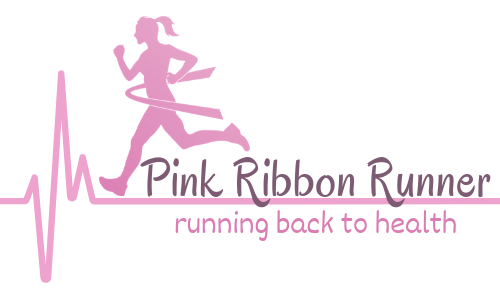





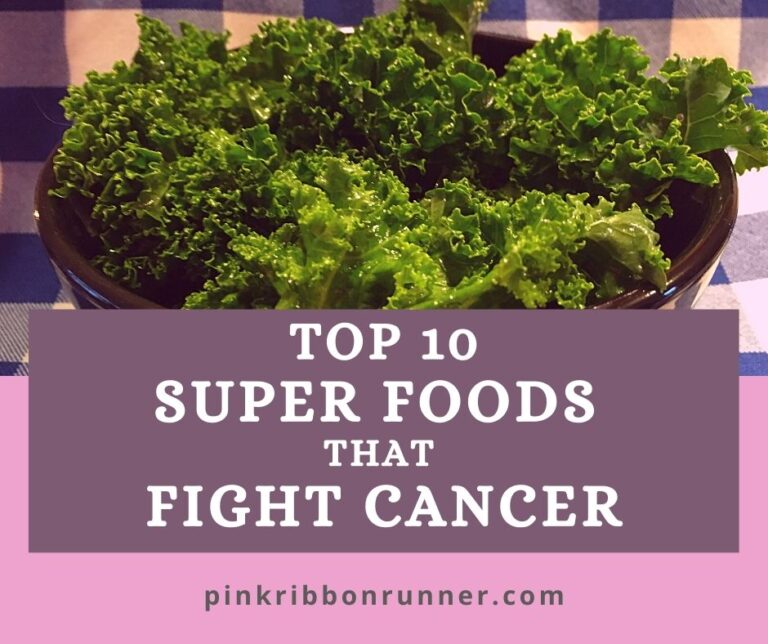
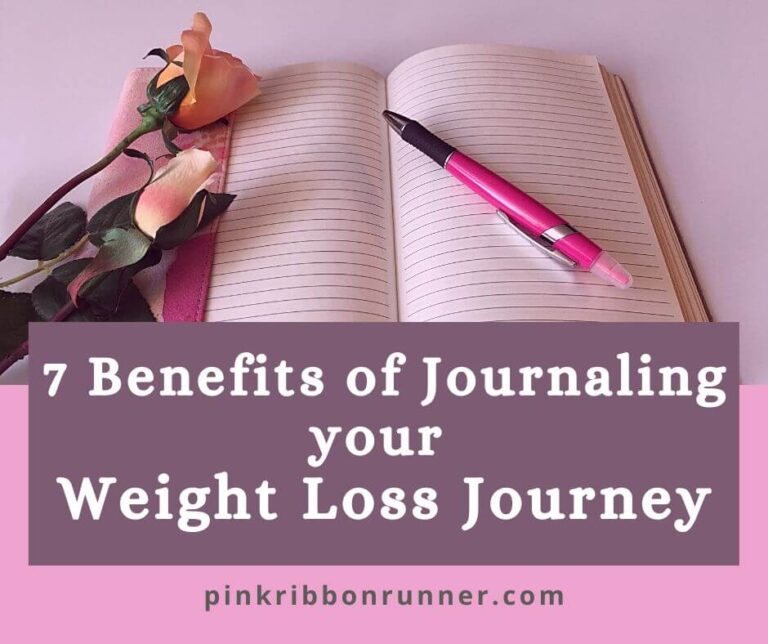
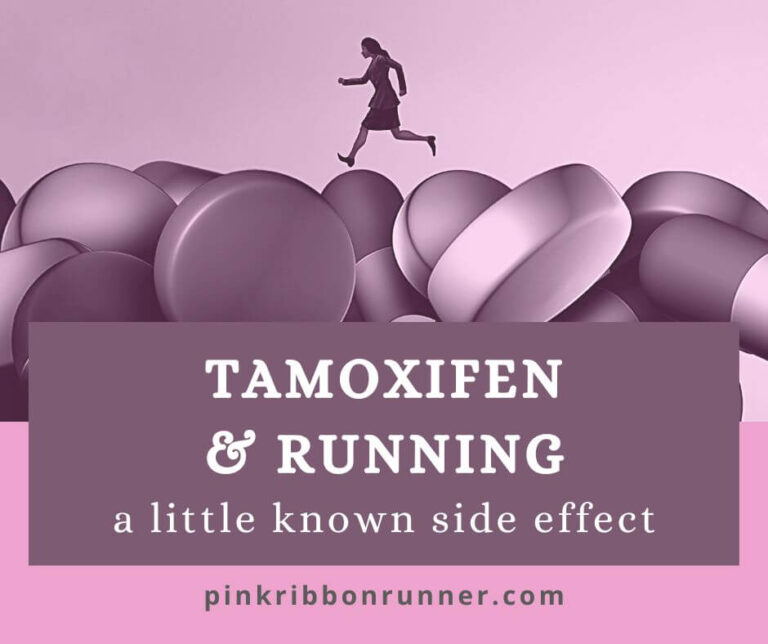
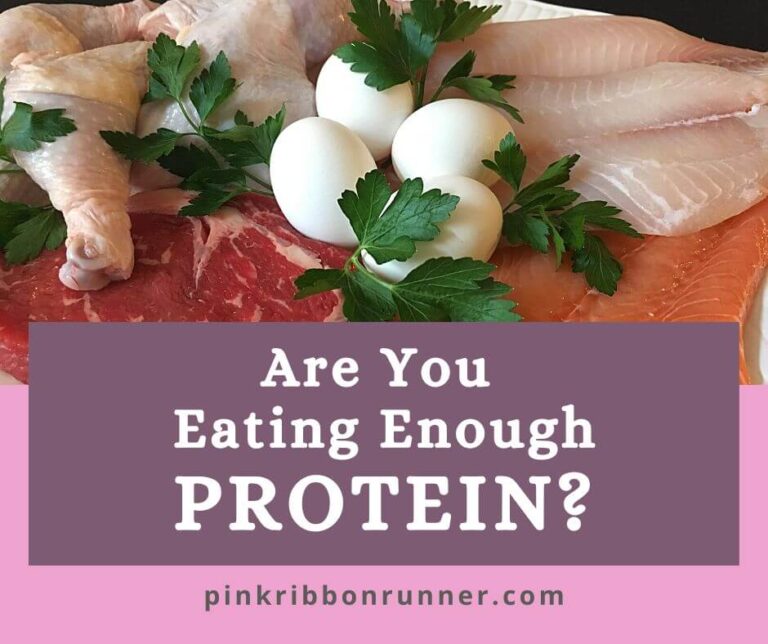
I love this. Seeing toxic diet culture all the time is so exhausting. Having everything explained the right way is amazing.
Thank you for sharing! I had heard the protein one, never the diet soda one!!
I have done tried so many diets since I was in my 20s. Some work but never long-term. I lose then “cheat” and the pounds are right back on. But I do it over and over! You’d think I would learn in the last (almost) 30 years. I’ve saved this so I can figure out how to do it right!
I was the same. But this cycle can be broken. If you make it a priority in your life, it can be done. All my best!
Very helpful tips as always
Love this! There are so many myths and false promises around the internet, that it can be hard to distinguish what is true and will work for me. Thanks for sharing these basic but impactful truths for weight loss and diet myths busted!
Really great post. People are making a lot of money all over the world by providing some exercise or diet plans, but in reality, loosing weight is all about a mindset shift in the first place.
If you take your condition seriously, then it would be easy for you to lose weight, in any way possible. Fasting is the best one, but as I said…mindset!
Exactly right. It is all about mindset. Putting your mind to it and making it a priority in your life.
You covered it all! The myths are good. I’ve never had a gym membership and I’ve worked out for years at home!
Also, habits and mindset are key!
Great article. This cover up all the healthy and fat loss myths. I am gaining weight. This was very helpful.